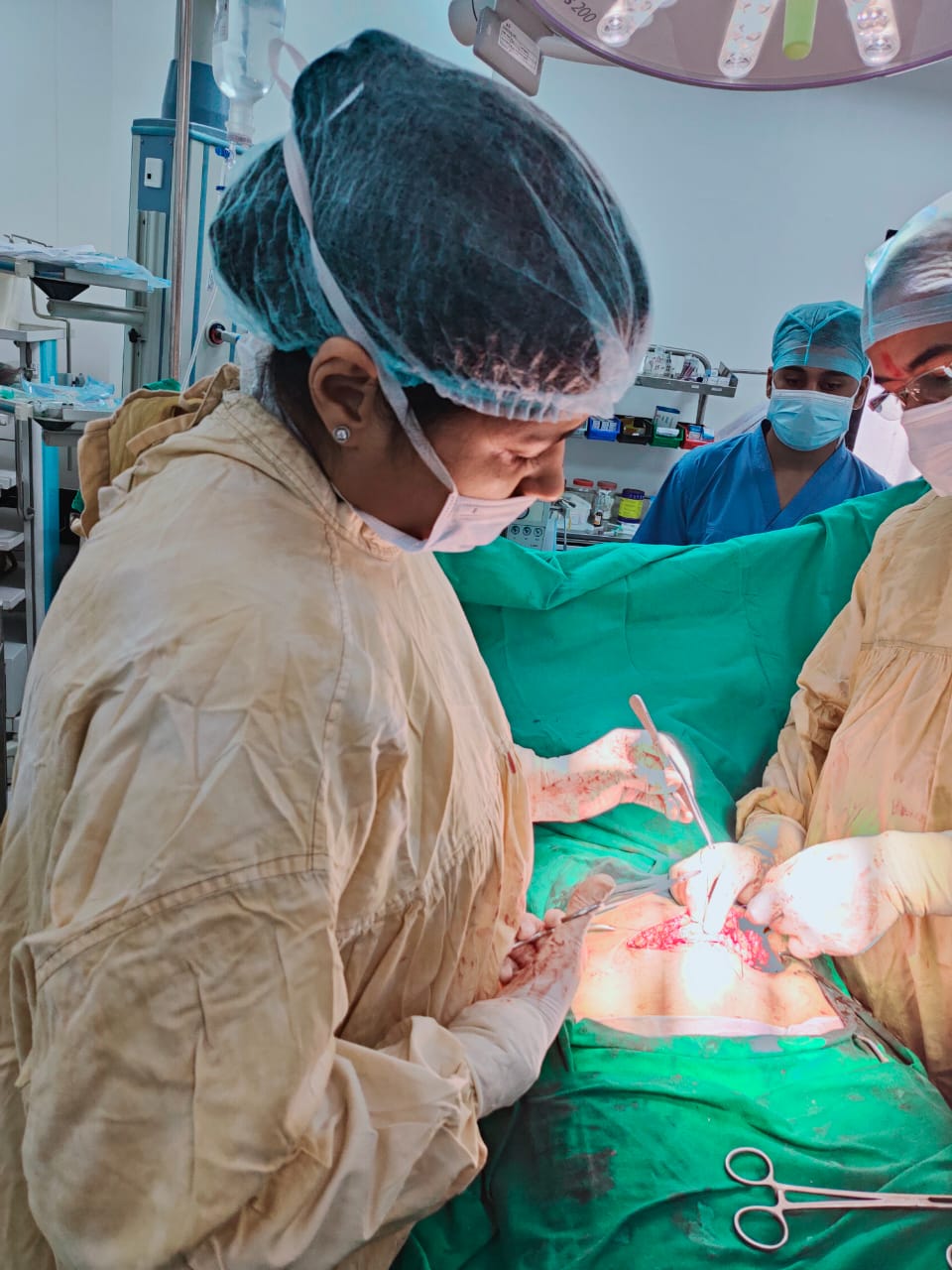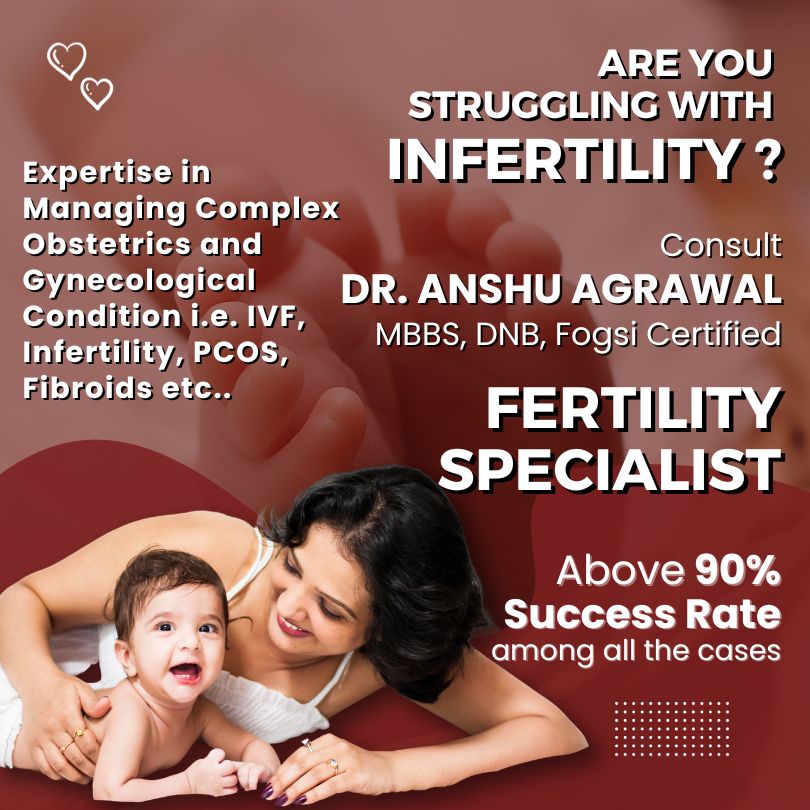If you’re in need of a Best Female Gynecologist in Howrah, you can typically find Dr Anshu Agrawal by asking for recommendations from your primary care physician, friends, or family, or by searching for gynecologists in your area online. Many healthcare facilities and medical practices have both male and female gynecologists on staff to accommodate patient preferences.

Patients may choose to see a female gynecologist for various reasons, including personal comfort and preference. It’s important to have regular check-ups with a gynecologist to maintain good reproductive health, discuss contraception options, and address any concerns or issues related to the female reproductive system. Gynecologists also perform Pap smears and breast exams to screen for cervical and breast cancer.

She is specializes in the health of the female reproductive system, which includes the uterus, ovaries, fallopian tubes, and vagina. Gynecologists are trained to diagnose and treat a wide range of conditions related to women’s reproductive health, including issues such as menstruation, fertility, pregnancy, childbirth, menopause, and various gynecological disorders.
Best Female Gynecologist in Howrah Dr Anshu Agrawal expertise in Infertility treatment refers to medical interventions and procedures aimed at helping individuals or couples overcome difficulties in achieving pregnancy. Infertility is defined as the inability to conceive after one year of regular, unprotected intercourse (or six months if the woman is over 35 years old). There are various causes of infertility, and the treatment options depend on the underlying issue
Infertility and in vitro fertilization (IVF) are closely related, as IVF is one of the most common and effective treatments for infertility. IVF is an assisted reproductive technology that can help individuals or couples with infertility issues achieve pregnancy.
Success Rates: IVF can be highly effective in helping couples achieve pregnancy, especially when other treatments have not been successful. Success rates can vary based on factors such as age, underlying causes of infertility, and the quality of the embryos. Success rates tend to decline with the woman’s age.


